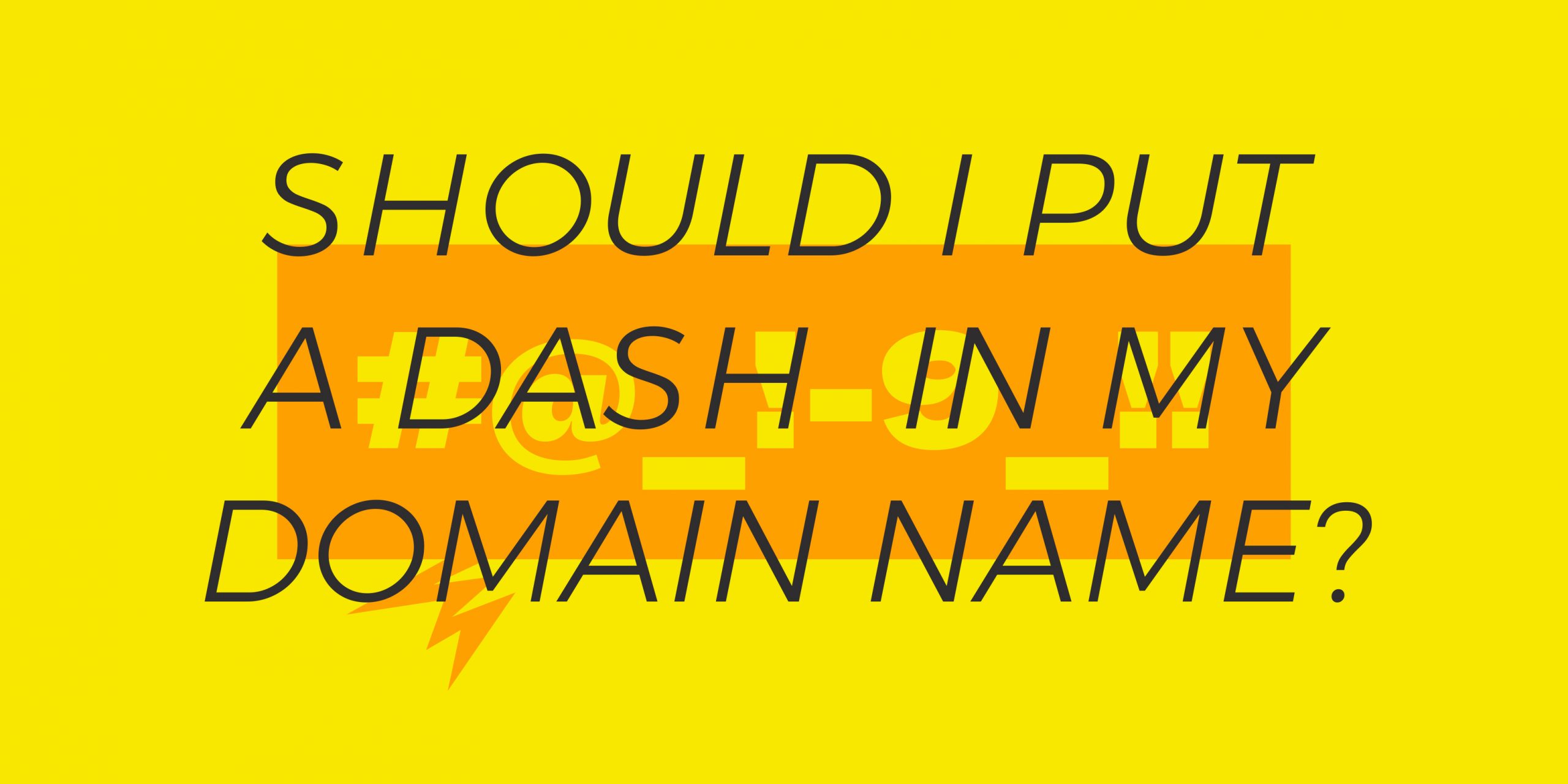For the past 10 years, Paris Web and Gandi have enjoyed a trusting relationship with one another, and this year is no different. We attended the 2021 edition of the Paris Web conference this month. The session on Web Jargon, and especially on the semantics and vocabulary of the internet, particularly attracted our attention.
Gandi and Paris Web
October 7 and 8 were the dates of the most recent, 2021 edition of Paris Web. This annual meeting about all things related to the world wide web, jobs in the field, and best practices consisted of various sessions given by internet professionals on a variety of topics like accessibility, performance, quality, and UX. Paris Web is a Gandi-supported project since 2010 and we provide both technical resources and other goodies.
One session we found particularly interesting this year was “Web Jargon, before the web” presented by Gaël Poupard, web integrator from Nantes. Her presentation studied web vocabulary, it’s development from English (it’s most common language of origin), and into French.
Web jargon, before the web
The internet and tech in general have their basis in real, concrete, physical interactions. Computer technology began with a real, physical analytic machine imagined by Babage en 1834 and with the first algorithm written by Ada Lovelace for the first completely electronic computer, ENIAC, created in 1945.
After that, the arrival of transistors allowed for the miniaturization of electronic components, and computer technology became more abstract and started to become divorced from its physical aspect.
However, this physical connection continues through web-related vocabulary. Though the vocabulary is constantly evolving, it continues to use physical-world metaphors, at least in English. In French, on the other hand, web vocabulary largely makes use of the English words, either through anglicism or literal translation, which means for French speakers, the original metaphor is sometimes lost.
In her talk, Gaël Poupard presented a summary of examples of the most used web vocabulary words and their origins.
World Wide Web
The term web in World Wide Web refers to a spider web, a particular image for a rationally organized network that’s at the same time totally organic. When used in French, it tends to lose the “organized” sense it has in English.
The entire term was created by none other than Sir Tim Berners-Lee, and its origins are especially interesting. The documentary For Everyone, shot in 2012 following Tim Berners-Lee’s speech in the opening ceremony of the Olympic Games in London, where he discuseed the origins of the World Wide Web.
Scroll
Scroll is a very old and historical term for parchments and manuscripts. When these scrolls were used, they were rolled up on one side and unrolled on the other to read them, which corresponds metaphorically to the current interface with the scrollbar. In French, this is sometimes referred to as an ascenseur, or elevator, which gives it a bit more of a modern flair.
Bug
A bug is, of course, an insect. This actually comes from a tall tale about an insect caught in a computer that caused a “bug.” This comes from a story by Grace Hopper, a computer pioneer, who in 1947 discovered a moth that was keeping a relay from working. While many attribute the origins of this term to this anecdote, it’s possible that it’s even older than that.
The term e-mail refers to postal mail. The “e” was added to signify “electronic” and to differentiate it from “snail mail.” In French, the “e” is superfluous and “mail” is used interchangeably with “e-mail,” while the literal translation, “courriel” — a portmanteau of “courrier” for mail and “el” for “electronique” (“electronic,” if you couldn’t guess) — hasn’t really caught on.
Spam
Spam was originally a canned pork product made by Hormel that became popular in the US and British armed forces during World War II. The use of the word spam to refer to unsollicited email comes from a Monty Python sketch about a restaurant whose entire menu consists of spam.
The term “pourriel” exists in French (playing off “courriel” and “pourri” — “rotten”), but again, this hasn’t really caught on and spam is the more popular term.
Other examples
The word Library, of course, refers to a place where you can borrow a resource.
Feed in English has become flux in French, which loses the original sense of “nourishing” with content.
Scrum is a rugby term for the beginning of a game, and so a daily scrum is a meeting to organize and facilitate daily tasks.
Conclusion of the presentation
There are plenty of other examples of English-language terms that have become international words for internet and technology terms, not all of which have retained their original metaphorical sense, neither for those English speakers who use them day in and day out without thinking about their origin, nor for speakers of other languages which have, like French, simply adopted the English words wholesale. In each case, this can have an impact on the comprehensibility of these terms.
Languages are alive and constantly evolving, but it’s also important to speak the same language to understand one another. Understanding the origins and history of specific jargon is part of this process.
You can also watch a video of the entire presentation (in French) given by Gaël Poupard at Paris Web 2021.
Tagged in gandisupports



